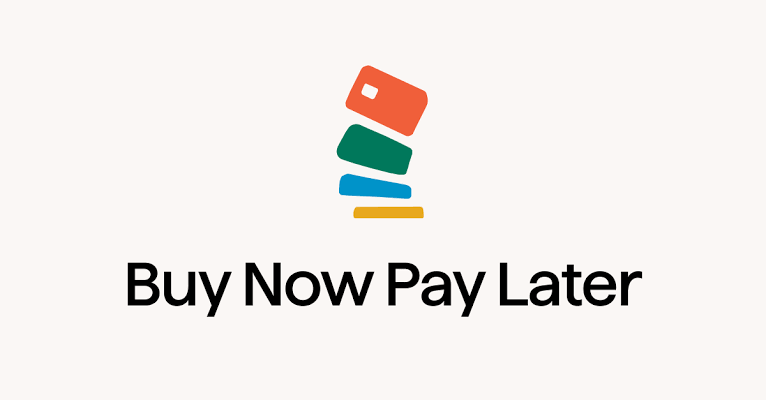The Cost of Convenience: How Buy Now, Pay Later Is Rewiring Africa’s Telecom Spending
Across Africa, the future is arriving faster than many can afford. From Nairobi to Accra, Lagos to Kigali, one trend is quietly reshaping how people access digital tools and stay connected:
Buy Now, Pay Later (BNPL).
Originally tied to e-commerce and consumer electronics, BNPL is now showing up in one of the continent’s most essential sectors, telecommunications. You can now buy a smartphone in Uganda on installment. Top up airtime in Ghana and pay at month’s end. Get a router in South Africa without the upfront cost. Even postpaid data plans in Kenya now come bundled with credit options.
It feels like progress. And it is.
But it’s also restructuring how millions interact with money, often without enough understanding of what’s being traded in the name of “access.”
Connectivity, Now-Payments, Later
Telecoms are at the heart of Africa’s digital economy. In many countries, mobile phones are not just communication tools; they’re wallets, classrooms, offices, health portals. But the cost of entry, especially for smartphones and strong internet, remains high.
This is where BNPL comes in, offering a way around the barrier.
“Own the phone now, pay in six installments.”
“Subscribe today, settle later.”
“Pay-as-you-go broadband, with deferred billing.”
It’s a tempting offer in markets where income is often informal and inconsistent.
But Easy Access Isn’t Always Financial Empowerment
BNPL in African telecoms markets is solving a real problem: low affordability and high demand. Yet it also introduces new risks: Overextension in low-income households Late payment penalties that aren’t well disclosed.Increased data consumption without control. A culture shift where people begin to consume beyond their earning rhythm. In other words, credit is being disguised as convenience, and that can be dangerous when financial literacy is uneven and regulatory frameworks are still maturing.
Cultural Contrast: Credit vs. Caution
Historically, many African societies have treated debt with caution.
Even in urban centers, financial decisions are often family-influenced, community-conscious, and grounded in tangible value. BNPL introduces a new mindset, one where immediacy is normalized, and ownership precedes affordability. It’s a Silicon Valley model inserted into a survival economy.
That clash is subtle, but it matters.
What’s the Real Cost?
Across African markets, BNPL in telecoms may lead to: Fragmented cash flow, especially for gig workers and informal earners. Debt spirals, particularly when multiple BNPL obligations stack up. Digital over dependence, without stable income to sustain it. Minimal savings, since spend-first culture crowds out discipline. So yes, BNPL can unlock access, but if it’s not well-designed and well-regulated, it could also lock users into cycles of digital debt.
What Africa Needs Is a Smarter BNPL Model
BNPL can still work, but it must be adapted for Africa’s economic realities. Here’s what’s needed: Localized risk scoring, not imported credit models. Transparent disclosures, in native languages and simplified formats. Grace periods that reflect informal income cycles. Digital education campaigns, not just promos. Partnerships with regulators to ensure ethical lending. Africa doesn’t need to reject BNPL, it just needs to rebuild it with local wisdom and financial dignity at the center.
Final Thought
Africa’s telecoms sector is the gateway to the continent’s digital future. BNPL has a role to play, but only if it respects the rhythm of local economies, the caution of the culture, and the fragile line between access and exploitation.
Because when the cost of convenience is hidden, the price is paid in silence — by those who can least afford it. Let’s build a credit culture that uplifts, not overwhelms. Let’s design financial tools that empower without eroding.That’s the real future Africa deserves.
Posted Using INLEO

The problem is that the companies dont want increase the access, they just want earn more Through use, debt and interest and fees. They never will prioritize the ethical part of the system.
you are completely right, that's the problem. Also Monopoly is taking over the whole course.
https://www.reddit.com/r/Economics/comments/1ldcboe/the_cost_of_convenience_how_buy_now_pay_later_is/
This post has been shared on Reddit by @tsnaks through the HivePosh initiative.
Congratulations @the-african-man! You have completed the following achievement on the Hive blockchain And have been rewarded with New badge(s)
Your next target is to reach 6000 upvotes.
You can view your badges on your board and compare yourself to others in the Ranking
If you no longer want to receive notifications, reply to this comment with the word
STOP